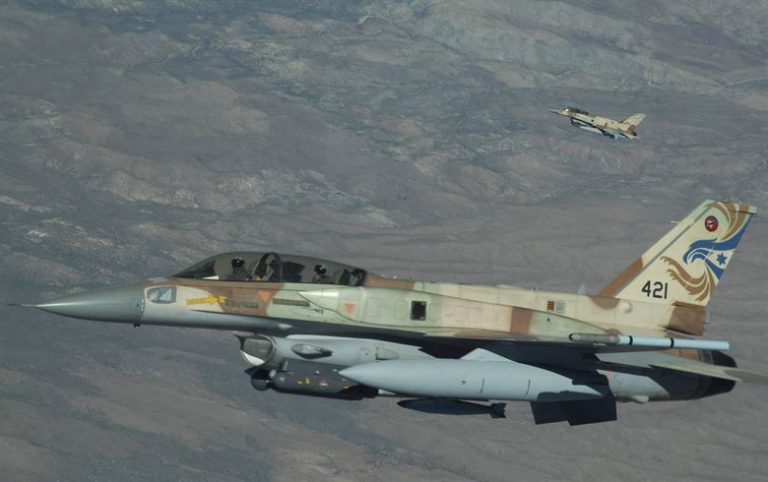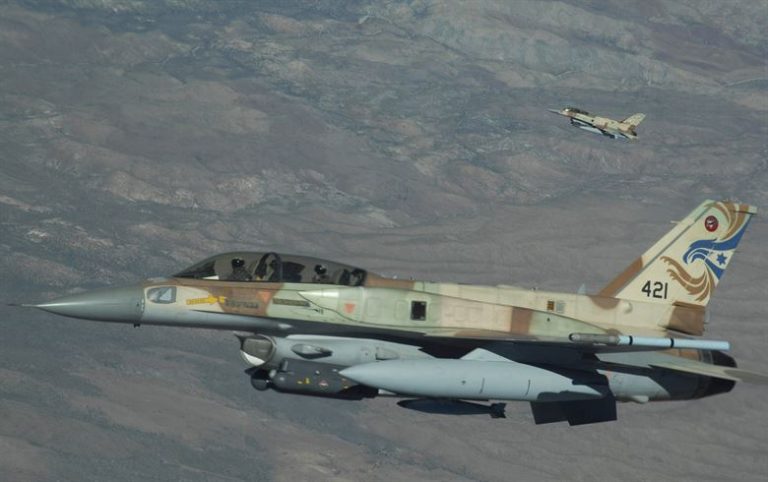
BEIRUT — Huge clouds of black smoke billowed into the sky over Beirut on Friday as Israel’s military said it had carried out a “precise strike” on the central headquarters of the militant group Hezbollah.
The series of powerful blasts in a densely packed southern suburb of the Lebanese capital, felt and heard many miles away, appeared to be the largest such strike since hostilities erupted between Israel and Hezbollah nearly a year ago. It intensified a conflict already threatening to spiral out of control.
Israel’s campaign against Hezbollah has escalated sharply over the last two weeks, including attacks using sabotaged communication devices, strikes aimed at senior commanders and hundreds of attacks on launch sites for rockets and missiles inside Lebanon.
Israeli media reports said Israel was checking whether Hezbollah leader Hassan Nasrallah was inside the headquarters when it was struck. The Israeli military did not specify whether the Hezbollah chieftain, who last week had harshly denounced the recent Israeli attacks and vowed revenge, was a target.
Shortly before the Beirut blasts, Israeli Prime Minister Benjamin Netanyahu delivered a combative address at the United Nations, pledging to continue attacks against Hezbollah, which is backed by Iran.
“As long as Hezbollah chooses the path of war, Israel has no choice, and Israel has every right to remove this threat and return our citizens to their homes safely,” he told the world body.
He said Israel would “continue degrading Hezbollah” until its military aims were met.
In Israel, Netanyahu’s office said he would cut short his U.S. visit and return to Israel tonight.
Netanyahu’s remarks, and the scale of Friday’s strike, appeared to dash any immediate hopes for an internationally backed cease-fire. The Biden administration and its allies had floated the idea of a 21-day truce, a proposal to which Hezbollah had not responded.
The strike in the Dahieh district came only an hour after thousands of people had attended the funeral in another Beirut suburb of three Hezbollah members, including a senior commander, who were killed in earlier attacks.
Dahieh, a Hezbollah stronghold, is one of the most densely populated parts of the capital. Rear Adm. Daniel Hagari, a spokesman for the Israel Defense Forces, said the target was the main Hezbollah headquarters, which he described as a subterranean complex situated underneath residential buildings.
Lebanon’s al-Manar television, which is affiliated with Hezbollah, reported many casualties and said four buildings were destroyed in the strike. Hagari said Hezbollah intentionally located the headquarters beneath the buildings so as to use those living there “as human shields.”
There was no immediate word on casualties, but ambulances rushed to the scene, sirens wailing. Authorities and Hezbollah fighters swiftly cordoned off entrances to the area, turning back most of those who tried to enter.
The targeted area is close to a Palestinian refugee camp, Burj Al Barajneh, and the early-evening blasts sent residents fleeing with whatever they could carry. Many streamed to the highway nearby, trying to find any vehicle to take them to the south.
The strike marked the latest intensification of a more than 11-month cross-border campaign of strikes by Israel and Hezbollah, which have sent tens of thousands of civilians fleeing on both sides of the border and raised fears of an all-out war.
Israeli warplanes have staged daily raids in south Lebanon and beyond, while Hezbollah has continued rocket and missile fire into Israel.
Even before Friday’s strike, the death toll in Lebanon this week had risen to at least 720, according to Lebanon’s health minister. The ministry does not differentiate between combatants and civilians, but said many women and children were among the dead.
Hezbollah began its renewed rocket attacks on Israel a year ago, almost immediately after the Palestinian militant group Hamas attacked southern Israel last Oct. 7, killing about 1,200 people and triggering a catastrophic war in the Gaza Strip that has killed some 41,000 Palestinians, according to health officials in the territory.
Hezbollah said it was acting in solidarity with the Palestinians and with Hamas, which like it is backed by Iran, and said its attacks would continue until there was a cease-fire in Gaza. Repeated U.S.-backed attempts to reach one have failed.
———
(Times staff write Laura King reported from Washington.)
___
©2024 Los Angeles Times. Visit at latimes.com. Distributed by Tribune Content Agency, LLC.
American Military News Rephrased By: InfoArmed
